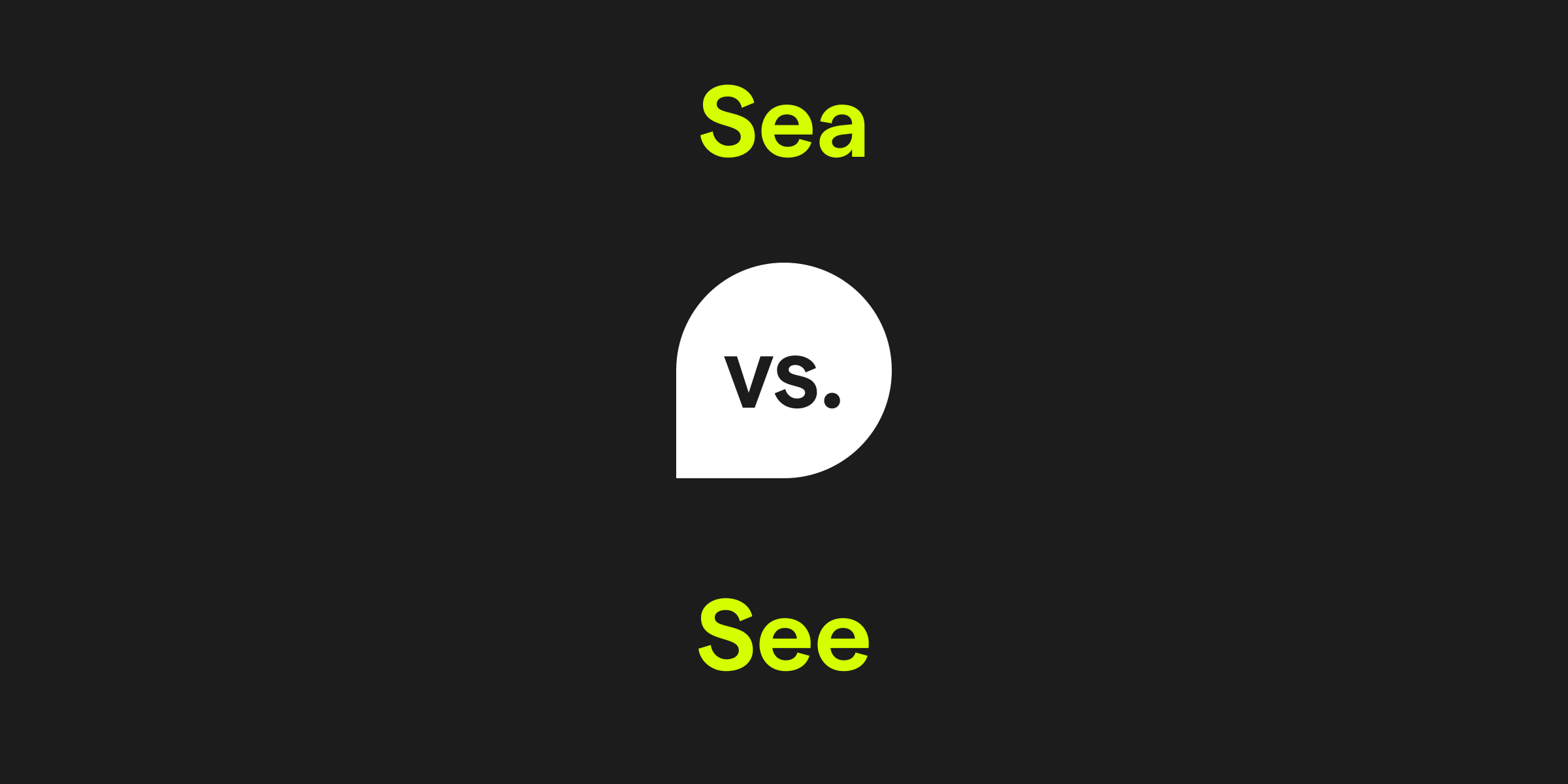Sea vs. See: What's the Difference?
The terms sea and see are classic examples of homophones - words that sound alike but have different meanings and spellings. Sea refers to the vast body of saltwater that covers much of the Earth's surface, providing vital ecosystems for marine life. In contrast, see is a verb meaning to perceive with the eyes, to understand or to witness something. Understanding the context in which each word is used is essential to avoid confusion.

How do you use the word sea in a sentence?
The word sea is often used in sentences to refer to the expanse of saltwater that separates continents and is home to a variety of marine life. It can also denote a region or particular part of these waters, as in the 'Baltic Sea' or the 'North Sea.' Additionally, sea can be used metaphorically in phrases like 'a sea of emotions,' to describe an overwhelming amount, or in the context of maritime activities.
Examples of sea in a sentence
- The sailor scanned the horizon, but all he could see was the endless sea.
- She wanted nothing more than to dive into the crystal-clear sea and explore its depths.
- During the storm, the boat was tossed about on the churning sea.
How do you use the word see in a sentence?
The word see is commonly used when talking about the act of perceiving with the eyes. It can describe observing something visually, either directly or through devices like binoculars or telescopes. Additionally, see can refer to understanding something conceptually or to visit and spend time with someone. Its usage extends to various idiomatic expressions that convey different nuances of observation or realization.
Examples of see in a sentence
- As soon as we climbed to the top of the hill, we could see the whole city spread out below us.
- He couldn't see the solution until he approached the problem from a different angle.
- I'll see you at the coffee shop at 3 p.m. sharp.
Sea and see definition, parts of speech, and pronunciation
Sea definition:
Sea (noun): a large body of saltwater that is part of the hydrosphere and covers a major portion of Earth's surface; often bounded by continents or archipelagos.
Sea parts of speech:
Sea pronunciation:
Sea is pronounced as /siː/.
See definition:
See (verb): to perceive with the eyes; to discern visually; to understand or comprehend; to visit or meet with someone.
See parts of speech:
See pronunciation:
See is pronounced as /siː/, identical to 'sea.'
Sea (noun): a large body of saltwater that is part of the hydrosphere and covers a major portion of Earth's surface; often bounded by continents or archipelagos.
Sea parts of speech:
- Noun: The sea is calm today, perfect for sailing.
- Compound noun: The seafloor is home to numerous previously undiscovered species.
Sea pronunciation:
Sea is pronounced as /siː/.
See definition:
See (verb): to perceive with the eyes; to discern visually; to understand or comprehend; to visit or meet with someone.
See parts of speech:
- Verb (perception): Can you see the bird on the branch?
- Verb (understanding): I see your point, and I agree with your conclusion.
See pronunciation:
See is pronounced as /siː/, identical to 'sea.'
Sea vs. see in a nutshell
To sum up, sea is a noun that refers to the large area of saltwater, while see is a verb associated with vision and comprehension. Although they sound identical, their meanings and applications are entirely distinct. Sea typically refers to geographical features and marine environments, while see is used to express the act of perceiving through sight or insight. Homophones like sea and see show the intricate nature of the English language, where context is key to understanding meaning.
Get AI Writing Assistance Wherever You Type
Make sure your vocabulary is on point and every punctuation mark is in the right place, no matter where you’re working. Grammarly works across more than 1 million websites and apps so you can improve your writing without copying, pasting, or breaking focus.

More Commonly Confused Words
Interest piqued? Pore (not pour) over other commonly confused words to help your writing reach peak (not peek) performance.